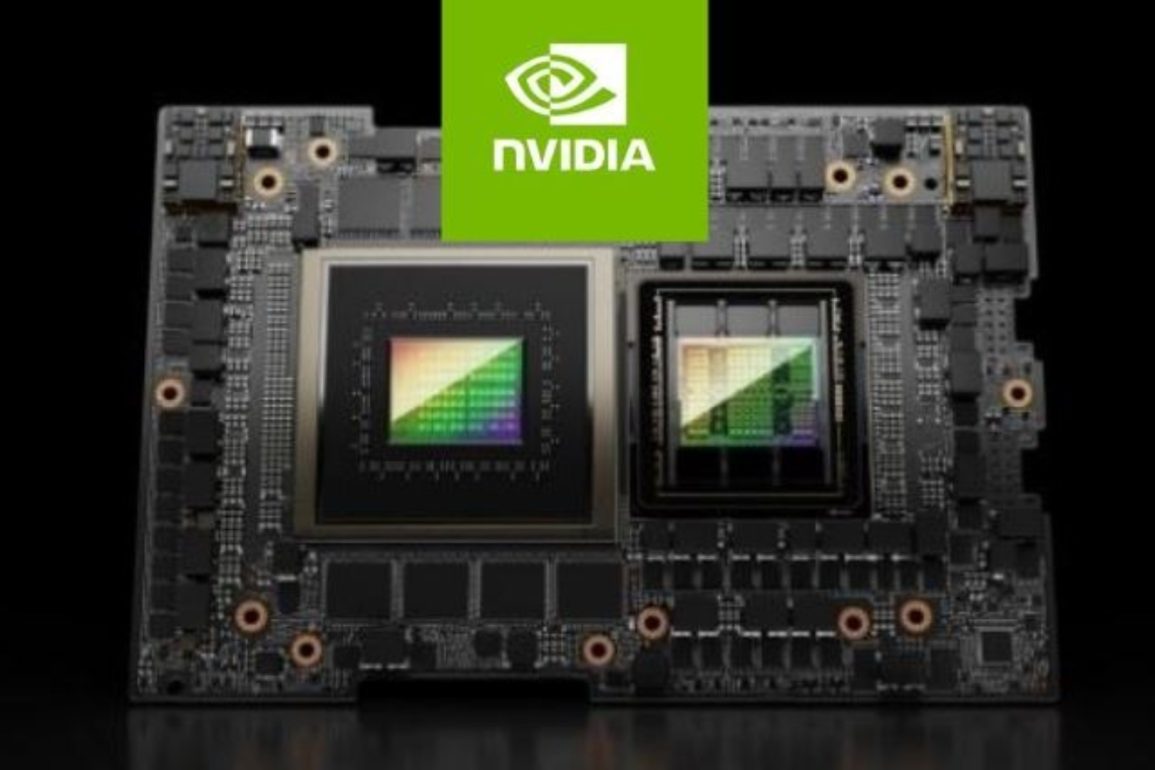Nvidia (NASDAQ: NVDA) is currently under pressure as new headwinds come from its largest market outside the United States. China’s State Administration for Market Regulation (SAMR) recently stated that its preliminary investigation had found that Nvidia broke the country’s anti-monopoly laws when it bought Mellanox Technologies in 2020. This has brought downward pressure on Nvidia stock price, and created uncertainty among some investors.
The inquiry is still going on, and there isn’t much information available now on what rules were broken or what might need to be done to fix the problem. Many people believe China is doing this in response to rising trade tensions with the US, especially over semiconductor technology. This opens up new risks and potential opportunities
Why the Pressure?
On September 15, 2025, China’s State Administration for Market Regulation (SAMR) said that NVIDIA broke anti-monopoly laws when it bought Mellanox for $7 billion. According to the regulator, NVIDIA didn’t follow rules set in 2020 that required them to share product information with competitors within 90 days to stop monopolistic actions.
NVIDIA’s stock price dropped sharply, by as much as 2.6%, in premarket trading on the heels of news of this investigation. Many have seen it as a response to U.S. export limits on sophisticated semiconductors. The stock price fell from $177.82 to $173.36.
The China investigation brings up a number of significant risks for investors:
- Fines: China’s anti-monopoly law states that companies can be fined between 1% and 10% of their annual revenue for violations. The country is a major market for Nvidia, making up about 13% of its overall revenue last year. This means that the fine might be very high.
- Short-Term Volatility: the inquiry comes with a significant level of uncertainty. Restrictions or fines could hurt sales of NVIDIA’s H20 chips made just for China. These chips are already affected by U.S. export laws, which could hurt the company’s bottom line. The U.S. already has export limitations that limit the sale of some Nvidia products. Chinese regulations may make things even more difficult or add more ambiguity. Investor assessments have to take into account the possibility of Nvidia losing money or having to change where and how it sells its chips.
- Market Restrictions: The biggest concern is that China could limit Nvidia’s ability to sell its goods in the nation. This might mean that the corporation can’t offer its most powerful AI processors or that it has to sell chips that don’t include some technology. This would have a direct effect on Nvidia’s growth and future sales because the Chinese market is a big source of demand for its AI products.
- Uncertainty in geopolitics: In this probe, the persistent geopolitical risks of investing in tech businesses at the epicentre of the US-China tech competition are brought to light. Regulatory moves from either country might cause business operations and supply chains to be disrupted in ways that are hard to foresee, which would make stocks more volatile.
What are the implications for investors?
Investors should pay attention to Nvidia’s China segment’s revenue outlook and earnings forecasts. If the company lowers them, it will impact how well the stock does. Traders who are keen on making money in the short term should be ready for price swings. The ongoing inquiry and technological challenges like the Blackwell chip overheating could cause more drops, especially if China puts restrictions on H20 chip shipments or limits them.
Long-term investors should hold NVIDIA since it is a leader in AI and has a wide range of revenue streams. The China inquiry will be disruptive. Nonetheless, it probably won’t stop the company’s expansion because it has a technological edge and worldwide demand.
In Summary
In essense, NVIDIA remains a good stock to hold because it leads the way in AI and has a variety of ways to create money. The China probe is expected to slow its growth, but it won’t stop it entirely because of its technological edge and worldwide demand. As we’ve seen in the past, this dip could be a good time to buy. Investors should think about short-term risks versus long-term opportunities and keep up with changes in the law.
The stock is under pressure after a preliminary probe by China’s market regulator found that the company violated anti-monopoly laws related to its 2020 acquisition of Mellanox Technologies, creating new risks for investors.
While some analysts see it as a retaliatory move by China against the US, a worst-case scenario with fines and market restrictions could negatively impact Nvidia’s growth trajectory, although demand for its chips remains strong globally.
If the issue gets resolved, the downturn could be a good chance for long-term investors. But increased geopolitical and regulatory uncertainties mean that investors who are risk averse should be careful.
This article was originally published on InvestingCube.com. Republishing without permission is prohibited.


